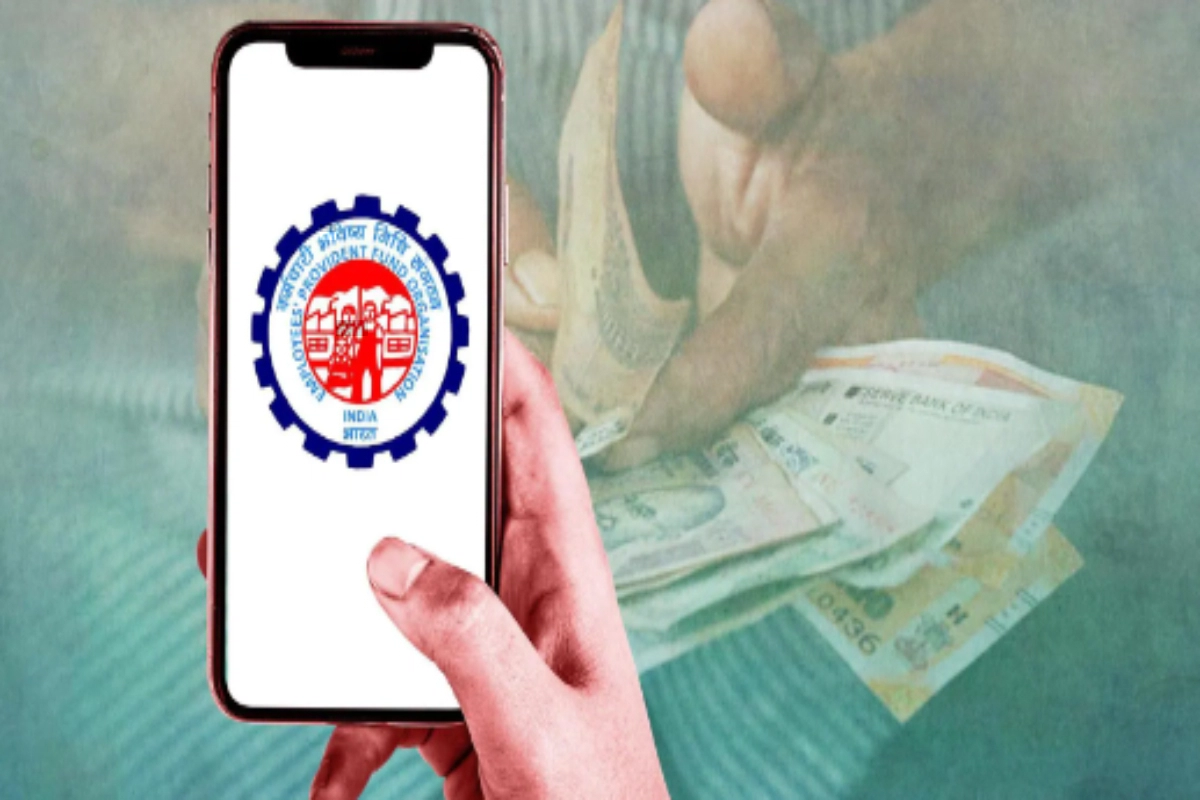EPFO New Rules: Employers who fail or postpone making contributions to the Employees’ Provident Fund, Employees’ Pension Fund, and Employees’ Deposit Linked Insurance Scheme will no longer be penalized by the Employees’ Provident Fund Organization.
Revised Penalties for Non-Compliance
In accordance with announcements from the Ministry of Labor, non-compliant individuals will be required to pay 1% of their monthly contributions as penalties for these three programs. This corresponds to 12% of the annual donations. The change will ease the burden on employers who are in default.
“Where an employer makes default in the payment of any contribution to the Employees’ Pension Fund, or in the payment of any charges payable under any other provisions of the Act or the Scheme, the Central Provident Fund Commissioner or such officer as may be authorised by the Central Government by notification in the Official Gazette in this behalf, may recover damages from the employer at the rate of 1% of the arrear of contribution per month or part thereof,” said three different announcements from the Ministry of Labor about the EPS, the EDLI, and the EPF.
DON'T MISS
EPFO Contribution Requirements
The former guidelines, which assessed damages depending on the default time, have been substantially modified in terms of charges. If there was a default for less than two months, there was a penal charge of 5% each year; if there was a default for two to four months, there was a 10% annual charge. For defaults lasting four to six months, the penalty was raised to 15% annually, and if the default lasted more than six months, it may reach up to 25% annually.
Both employers and employees are required to make 12% of each employee’s base wage contributions to the EPFO. 8.33% of the employer’s contribution goes into the EPS. Employers are required to make an EDLI contribution of up to Rs 75 per employee, or 0.5% of basic pay. The deadline for submitting contributions for the previous month is the 15th of the following month. Employers who fail to make payments on time face penalties under Section 14B of the Employees’ Provident Funds and Miscellaneous Provisions Act, 1952, as well as interest under Section 7Q on the defaulting amount.
Advocacy for Grace Period
KE Raghunathan, the Association of Indian Entrepreneurs’ National President, National Chairman, and previous member (employers representative) of the Central Board of Trustees, disagreed with the action, pointing out that the member is the one who is impacted if an employer delays or defaults. According to him, the member must receive payment as compensation for any such damage levied. In addition, he advocated for a three-month grace period prior to the change taking effect and stated that, in the event that an employer had a legitimate reason for the delay, sufficient coverage should be provided rather than painting him as a willful defaulter.



